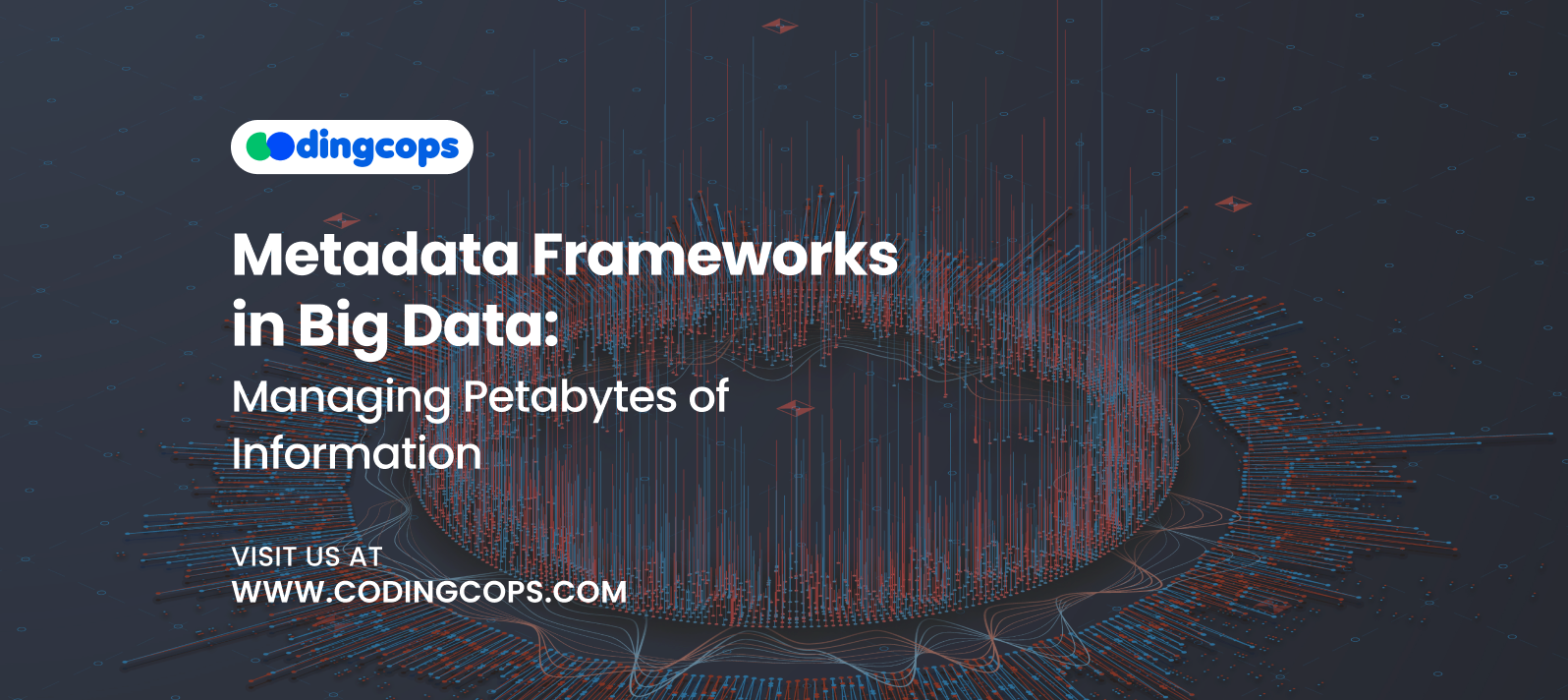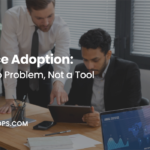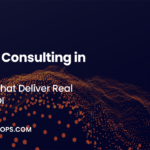According to a survey, 84% of business respondents had a Metadata Management initiative. This is because businesses are generating data at an unprecedented Moreover, even research institutes and governmental organizations handle petabytes of information every day.
However, raw data alone isn’t important; metadata also plays an extremely important role in organizing and processing large data sets. Additionally, without a proper metadata framework, managing and utilizing vast amounts of data becomes nearly impossible.
In this CodingCops blog, we will explore metadata in big data. Also, we discuss its components and what challenges there are in managing metadata.
Metadata
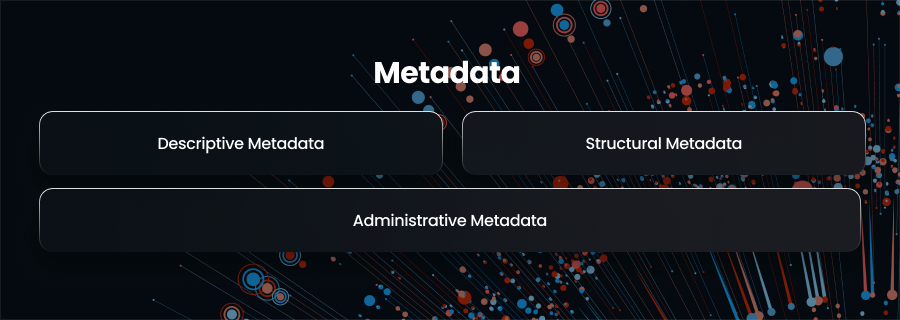
Metadata is descriptive information that provides context to raw data and makes it easier to organize and use. Moreover, in big data environments, metadata helps track data sources and structure. Additionally, Metadata is categorized into three types:
Descriptive Metadata
This metadata provides information such as the title and creation data of a page.
Structural Metadata
This defines relationships between different data elements.
Administrative Metadata
This metadata includes information on data governance and security.
Challenges of Managing Metadata at Scale
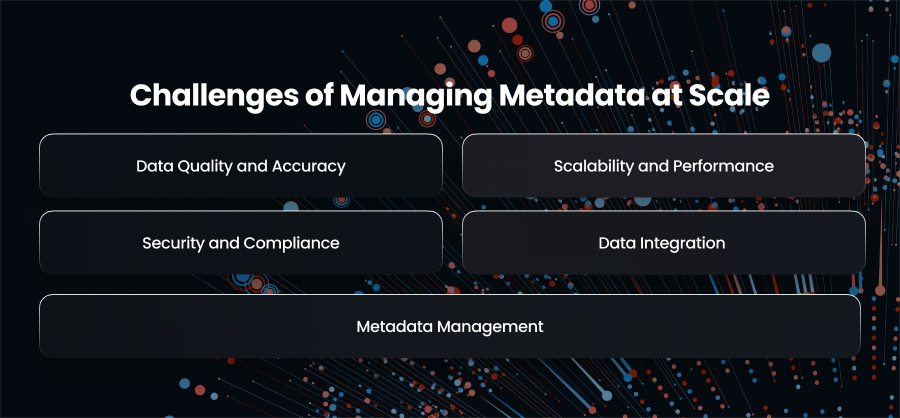
Data Quality and Accuracy
It’s important to ensure that metadata accuracy is critical because it can help avoid incorrect analysis and decision-making. Moreover, as volumes grow, inconsistencies in metadata can arise, which can lead to duplication or incorrect information.
Scalability and Performance
Handling petabytes of metadata requires highly scalable systems. Moreover, as data expands, the underlying metadata infrastructure must efficiently scale without causing performance bottlenecks.
Security and Compliance
Metadata often contains sensitive information. To adhere to laws like GDPR and HIPAA, organizations must put security safeguards and access restrictions in place.
Data Integration
Organizations use multiple data sources and platforms. Hence, ensuring seamless metadata integration across different environments is challenging but necessary for effective big data management.
Metadata Management
Metadata management involves collecting and governing metadata across an enterprise. Also, proper metadata management enhances data discoverability and data lineage tracking.
Components of a Metadata Framework
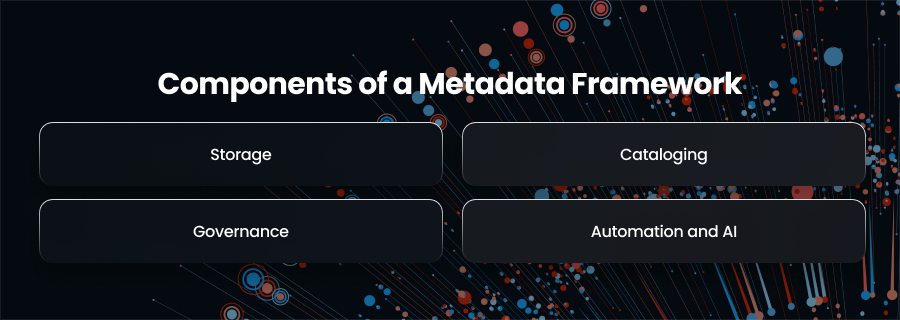
Storage
A storage solution is necessary for maintaining structured metadata repositories. Also, common storage solutions include relational databases and cloud-based storage systems.
Cataloging
A metadata catalog organizes metadata for easy access and retrieval. Furthermore, it acts as a centralized inventory that enables professionals to locate and understand datasets effectively.
Governance
Metadata governance ensures consistency and quality across all metadata processes. Also, it involves defining policies and maintaining metadata standards.
Automation and AI
Furthermore, automation and AI play an important role in metadata management by automatically generating and updating metadata. Also, AI tools can improve metadata tagging and validation.
Popular Metadata Frameworks in Big Data
1. Apache Atlas

Apache Atlas is a metadata management and governance platform designed for big data ecosystems. It provides data lineage tracking and security features. Moreover, it integrates easily with Apache Hadoop and Apache Hive.
Also, it can capture the complete history of data transformations. This allows users to understand how data flows across different systems. Moreover, it supports automatic and manual tagging of data assets to categorize and protect sensitive data. Furthermore, it integrates with Apache Ranger to enforce access control policies.
2. DataHub

Developed by LinkedIn, DataHub is a modern metadata platform designed for large-scale data discovery and lineage tracking. Moreover, it provides metadata updates, hence making it a great tool for evolving data environments.
DataHub uses a scalable graph-based approach to link metadata across different systems. Also, it can monitor changes in data schemas to prevent compatibility issues. Furthermore, it provides access permissions for metadata governance.
3. Amundsen

Amundsen is an open-source data discovery and metadata platform. It helps organizations enhance searchability and governance by enabling users to find and trust the right datasets. Moreover, it collects metadata from various sources and data warehouses. It also displays data lineage and provides information to improve data accountability.
4. OpenMetadata

OpenMetaData is another metadata management solution that provides automated data discovery and collaboration features. Additionally, it helps organizations maintain a unified view of their data. Moreover, it integrates with various databases and data lakes to extract metadata.
Furthermore, it allows users to add annotations and documentation to their datasets. It enables custom integrations with existing data stacks.
5. Egeria

Egeria is a metadata and governance platform developed by the Linux Foundation. It facilitates metadata exchange across different tools and platforms and promotes open metadata standards. Moreover, it supports interoperability between different metadata management tools. It helps organizations implement governance policies in compliance with regulations. Furthermore, it ensures consistency across multiple data sources.
Best Practices for Implementing a Metadata Framework
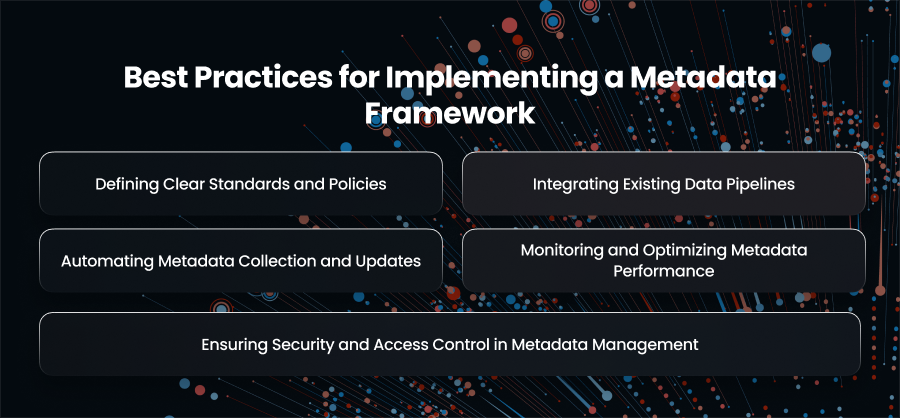
Defining Clear Standards and Policies
It’s important to establish metadata standards and governance policies to ensure consistency and quality across all datasets. Organizations should define metadata attributes and classification rules.
Integrating Existing Data Pipelines
It integrates with data pipelines, helps organizations maintain metadata accuracy and relevance as data moves across different systems. Moreover, this integration ensures that metadata is updated in real-time as data flows through storage layers.
Automating Metadata Collection and Updates
Automation minimizes effort and reduces errors by ensuring metadata updates and synchronization. AI tools can automate metadata extraction from data sources and apply ML classification.
Ensuring Security and Access Control in Metadata Management
Implementing access controls and encryption ensures metadata security while maintaining compliance with data regulations. Organizations should enforce access logs and audit trails for monitoring metadata interactions.
Monitoring and Optimizing Metadata Performance
Furthermore, regular monitoring and optimization help maintain metadata system efficiency and prevent bottlenecks as data scales. Organizations should use monitoring tools to detect performance degradation and optimize metadata query performance.
Final Words
In the big data age, metadata frameworks are crucial for handling petabytes of data. Organizations may increase analytical capabilities and data discoverability through organized metadata management.

